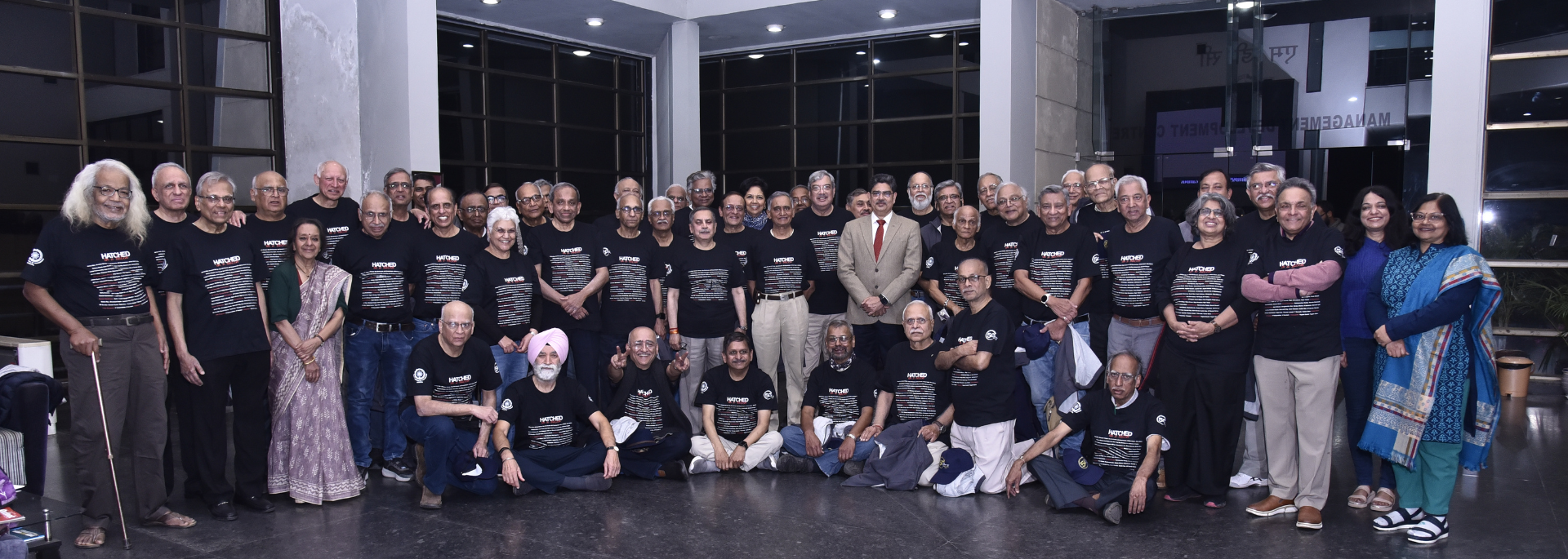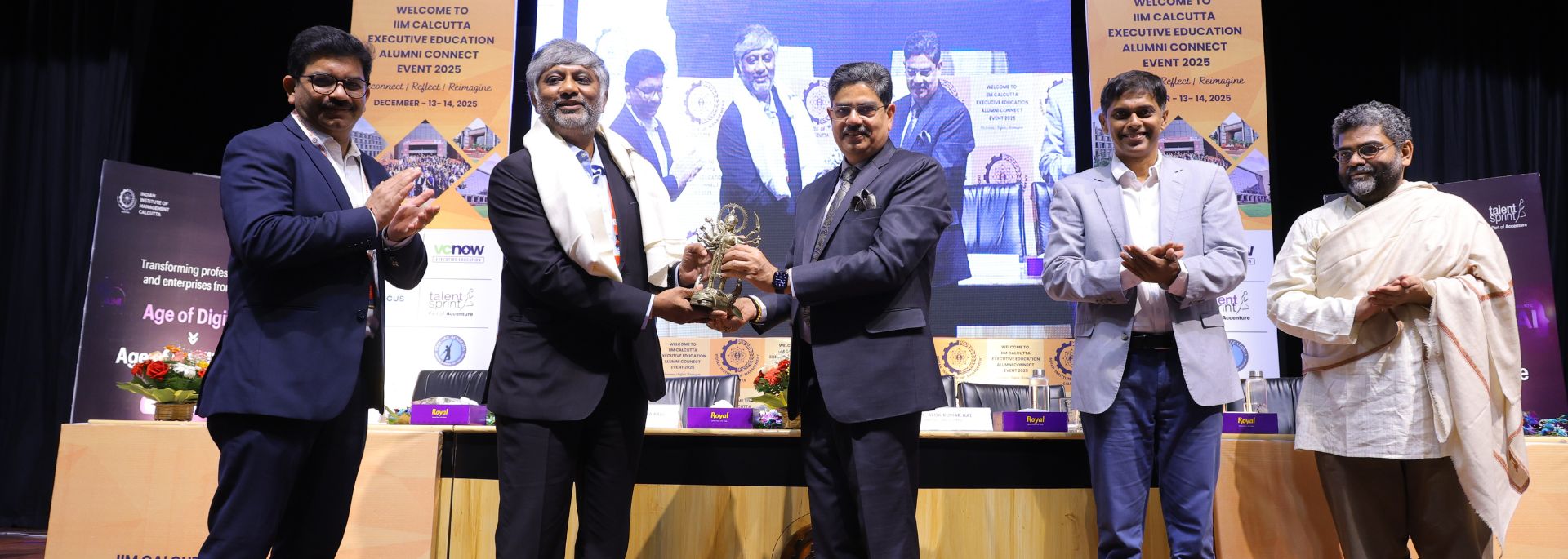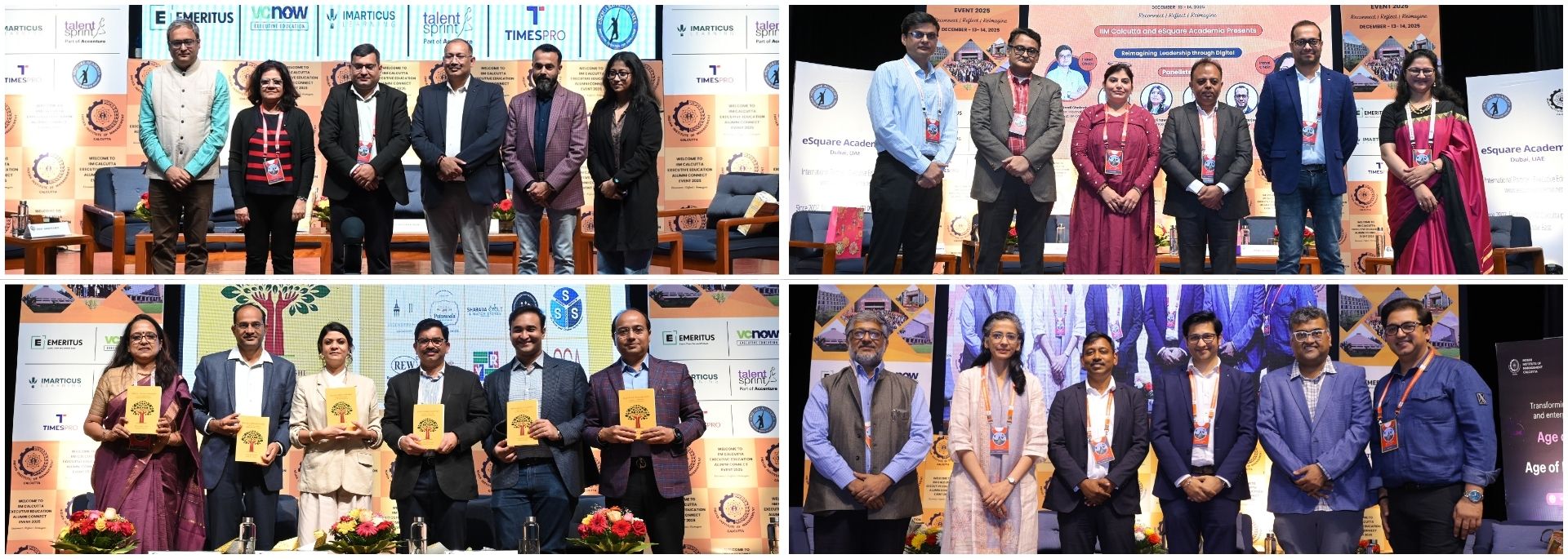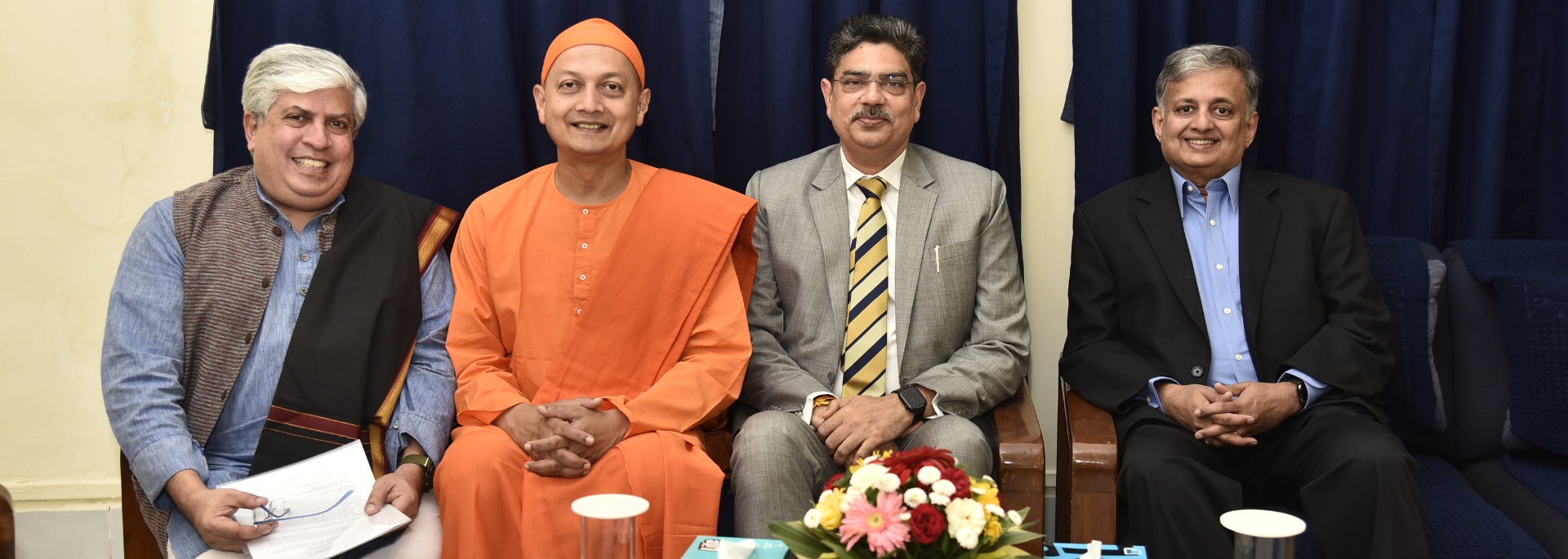
Hyderabad: Twitter Inc. on Tuesday said it is acquiring Bengaluru-based mobile marketing and analytics company ZipDial Mobile Solutions Pvt. Ltd, its first acquisition in India—a move that is aimed at expanding its user base in the country.
The acquisition will also pave the way for the microblogging site’s first engineering office in India, in Bengaluru.
Twitter did not disclose financial details of the deal, citing the so-called silent period ahead of the release of its financial results. A 12 January report by technology website TechCrunch, citing unnamed people, pegged the value of the deal at $30-40 million.
The purchase will help San Francisco-based Twitter increase its base in a country where it has 33 million users, out of 284 million worldwide. Social media network Facebook Inc. has 100 million users in the country and 1.3 billion globally.
“It dramatically accelerates our ability to drive user growth in India, and over time, other emerging economies, for instance, Indonesia, Brazil and others,” Rishi Jaitly, market director for India and Southeast Asia at Twitter, said in a phone interview.
Founded in 2010, ZipDial’s mobile marketing platform gives information about businesses to users when they place a missed call. These interactions are useful in areas where people aren’t always connected to the Internet or can access data only through intermittent Wi-Fi networks, Twitter said in a statement.
“Twitter is building a global business, and to the extent they have focused investors on user growth first and revenue growth second,” said Brian Wieser, senior analyst for advertising, media and the Internet with New York-based equity research firm Pivotal Research Group Llc.
“User acquisition in a market with a lot of people but much less spending on advertising, such as India, is consistent with this focus,” he added.
Twitter’s investors, he explained, are focused on user growth primarily, largely because management has encouraged investors to grade them on this basis.
However, he said it “remains most appropriate at this point in Twitter’s evolution to focus on its commercialization efforts. By this I mean how it is developing its ad products, what kinds of advertisers they focus on and how much revenue they are generating from like-for-like advertisers”.
Twitter and ZipDial periodically partnered each other in different campaigns like the general elections, film promotions for the Hindi film industry and MTVIndia’s #RockTheVote Dial the Hashtag campaign, over the last two years.
In last year’s general elections, for example, users could subscribe to tweets from the Bharatiya Janata Party and the Congress using ZipDial, and receive text and voice messages on their handsets.
“We have experimented with ZipDial and seen extraordinary results. What we have seen is a more accessible Twitter. We have seen users from all corners of India, many of whom have never experienced the mobile Internet, picking up their phones and trying to connect to this content because it has become even more accessible,” Jaitly added.
ZipDial’s employees, numbering a little over 50, including serial entrepreneur and ZipDial’s founder and chief executive officer Valerie Wagoner and co-founder and chief operating officer Amiya Pathak, will be joining Twitter’s product division.
Wagoner said in an phone interview that the product will eventually become part of the core Twitter experience, without disclosing specific details. “There are a lot of other specific integration and product roadmaps that we will be happy to talk to you about over a period of time,” she added.
ZipDial works with about 500 brands of companies such as Unilever Plc., Procter and Gamble Co., PepsiCo Inc., Coca-Cola Co., and Walt Disney Co., in emerging markets such as India, South-East Asia and Africa, where smartphone and Internet penetration is still low relative to their populations.
“We will continue to work with these brands, as Twitter also explores relationships with these brands,” Wagoner said. “In these markets, it is not about revenue proposition. It is still about growth proposition and driving more access to Twitter.”
Twitter’s acquisition of ZipDial also vindicates start-ups that are trying to build solutions tailor-made for developing countries, said Sangeeta Gupta, senior vice-president at information technology lobby group Nasscom.
“ZipDial’s model was very interesting,” said Gupta. “Using text messages to touch users who are not connected to the Internet is an India-centric solution.”
“The acquisition of ZipDial by Twitter is something that is very exciting for the Indian start-up ecosystem. It is providing further credibility after acquisitions by Facebook, Google, Yahoo that start-ups in India are creating innovative solutions that are of relevance to global technology peers,” Gupta said.
In January 2014, for instance, Facebook, world’s largest social networking site, bought Little Eye Labs, an Indian start-up that makes a software tool for analysing the performance of Android apps. In September, Yahoo announced the acquisition of Bengaluru-based start-up Bookpad, makers of Docspad.
Facebook acquired Little Eye Labs for $10-15 million, Techcrunch reported at the time, citing people with direct knowledge of the deal. The Economic Times reported that Yahoo bought Bookpad for $8.3 million.
Gupta said many global companies are interested in being part of the rollout plan for the government’s Digital India programme, which would “mean that there are India-specific solutions that could be of interest to them”.
“And if they buy companies that are building solutions that are more incubated in India, made for India but have a global relevance, those companies would definitely have an edge in a space like this”.
ZipDial earlier raised money from Jungle Ventures, Blume Ventures, 500 Startups, Mumbai Angels, Times Internet and Ronnie Screwvala’s Unilazer.













